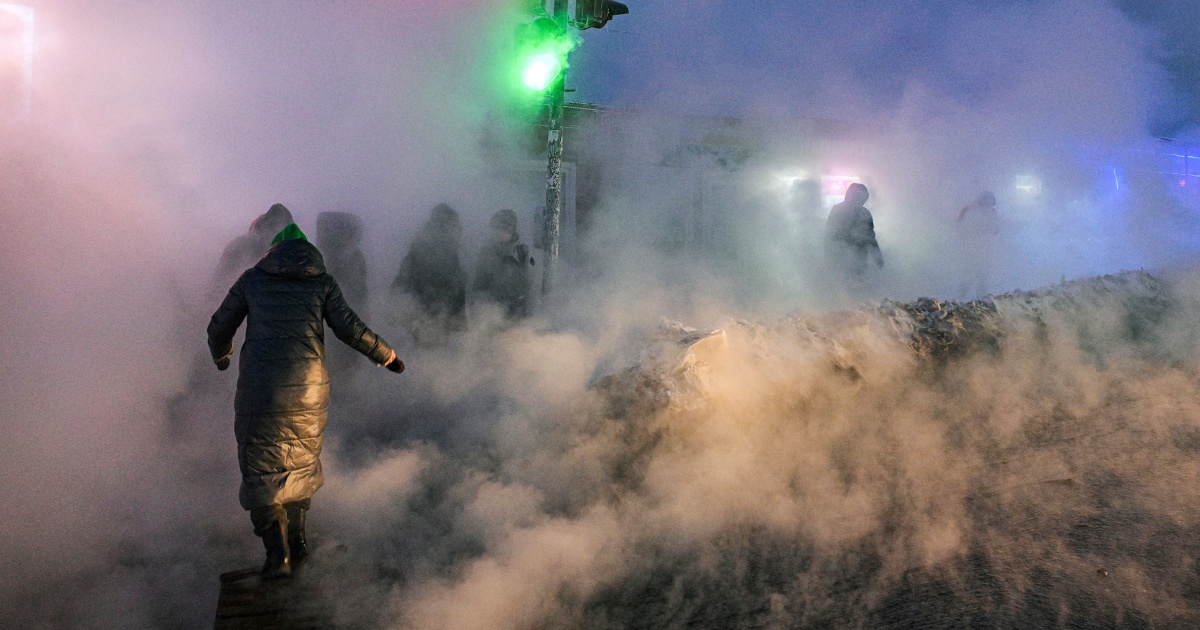Across Russia, creaking infrastructure and a wave of accidents have plunged households into the cold in the depth of winter, fueling rare showings of public frustration.
Two electric radiators were not enough to keep Russian pensioner Elena Grezkaya-Silko from shivering in her one-bedroom apartment.
After two major utility network accidents last month, she struggled to stay warm at home in the Siberian city of Novosibirsk, where temperatures regularly dip below minus 4 degrees Fahrenheit in January.
After the first accident Jan. 11, due to what authorities said was a defect in the main heating network, the heating batteries inside her apartment went cold, with only lukewarm and intermittent heating in her bathroom and kitchen. Then, a hot water pipe burst on the street near her building Jan. 17, sending a geyser of hot water and steam into the air.
Her bedroom remained “icy cold” after that, she told NBC News in a phone interview last month.



I recommend everyone who hasn’t to look up the idea of “Potiomkin villages” (and subsequently Potiomkin anything eg. Potiomkin AI). In short: back in the tzarist days lower ranks put up mock villages which looked clean, modern and prosperous for higher ranks (and tzars) to see during visits. These mockups were essentially theatre decorations which hid the real state of the matters - dilapidated, dirty, poor and corrupt. For at least the last decade everything we saw of Russia was Potiomkin in nature - either to show off before the West or to hide corruption before own superiors.
Potemkin village:
https://en.wikipedia.org/wiki/Potemkin_village
Apparently the original story is largely a myth:
I understand that people here want to believe that, but this is simply false. The standard of living rose significantly (probably several times) from the lowest point in nineteen nineties. This partially explains unwillingness of Russians to cardinally change their government. They still remember what happened last time.
Both are true. The standard of living did improve. But it was so abysmal, that even after the improvement only very few parts of Russia can compare to the rest of Eastern Europe, not to mention anything richer.
Income per person or family in Russia, especially in western part of Russia is high. The GDP per capita is not that much lower than in Eastern Europe, and in places like Moscow is probably higher. But that’s kind of irrelevant for Russians. They lived through the nineties, and that’s what they compare against - they did not live in Poland.
The Soviets also used this.
That was sorta inverted as there was InTourist, an organization that took charge of following tourists and delegations to bar them from visiting random places and taking a clue of what they shouldn’t see or hear, say guiding them through the best places of Moscow and St. Petersburg. Something that’s probably still present in NK and to a lesser extent China. It was also used for internal propaganda as Pravda printed their surprised comments.
https://en.m.wikipedia.org/wiki/Intourist